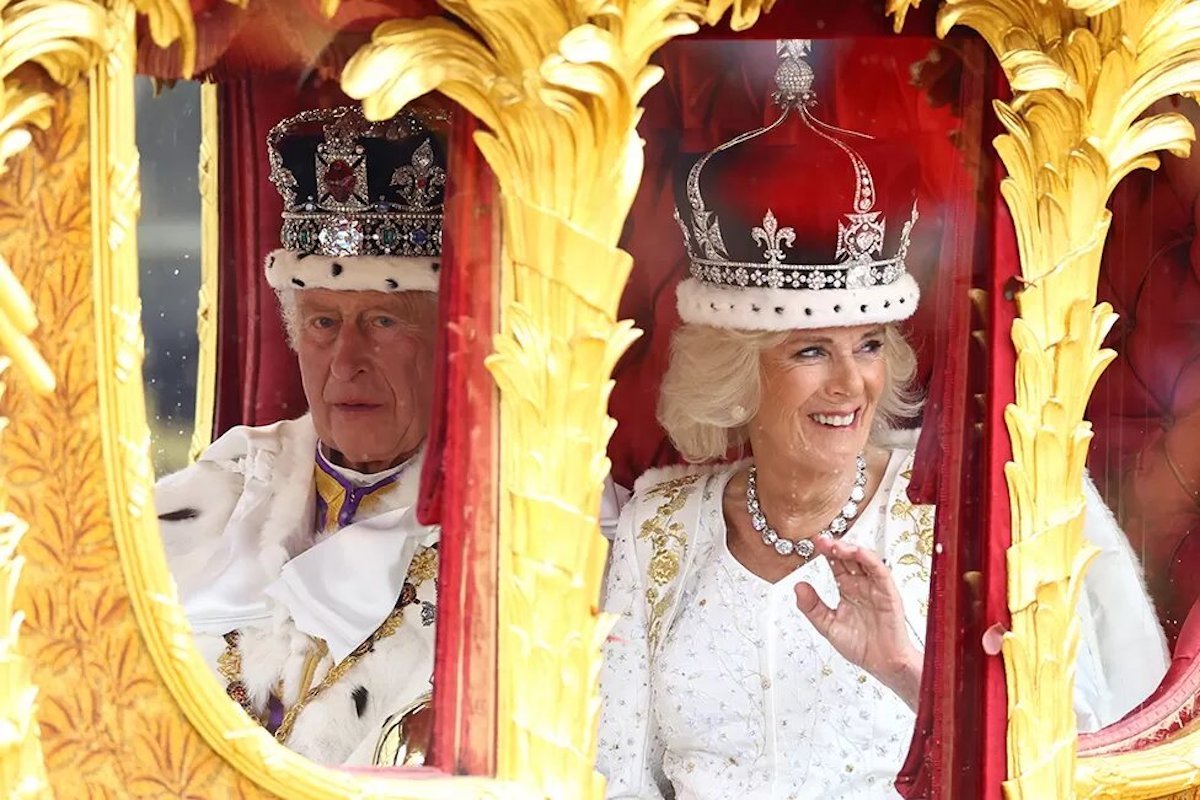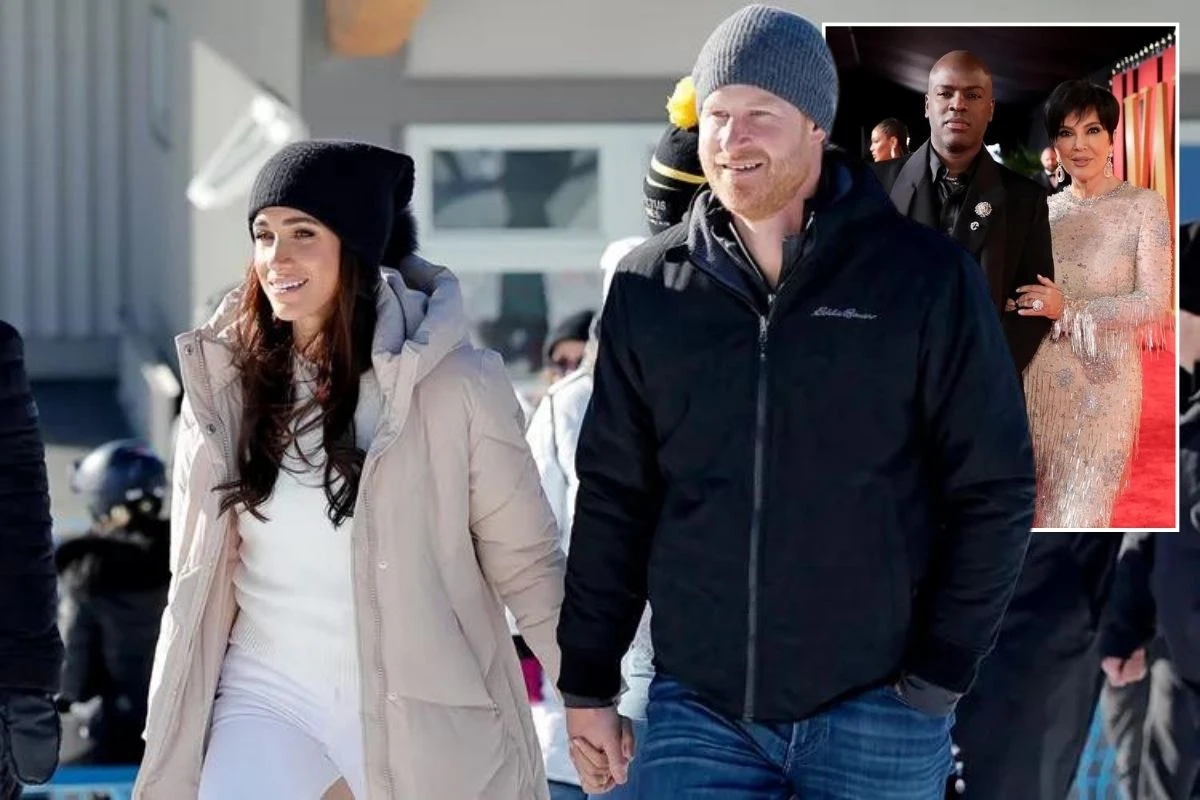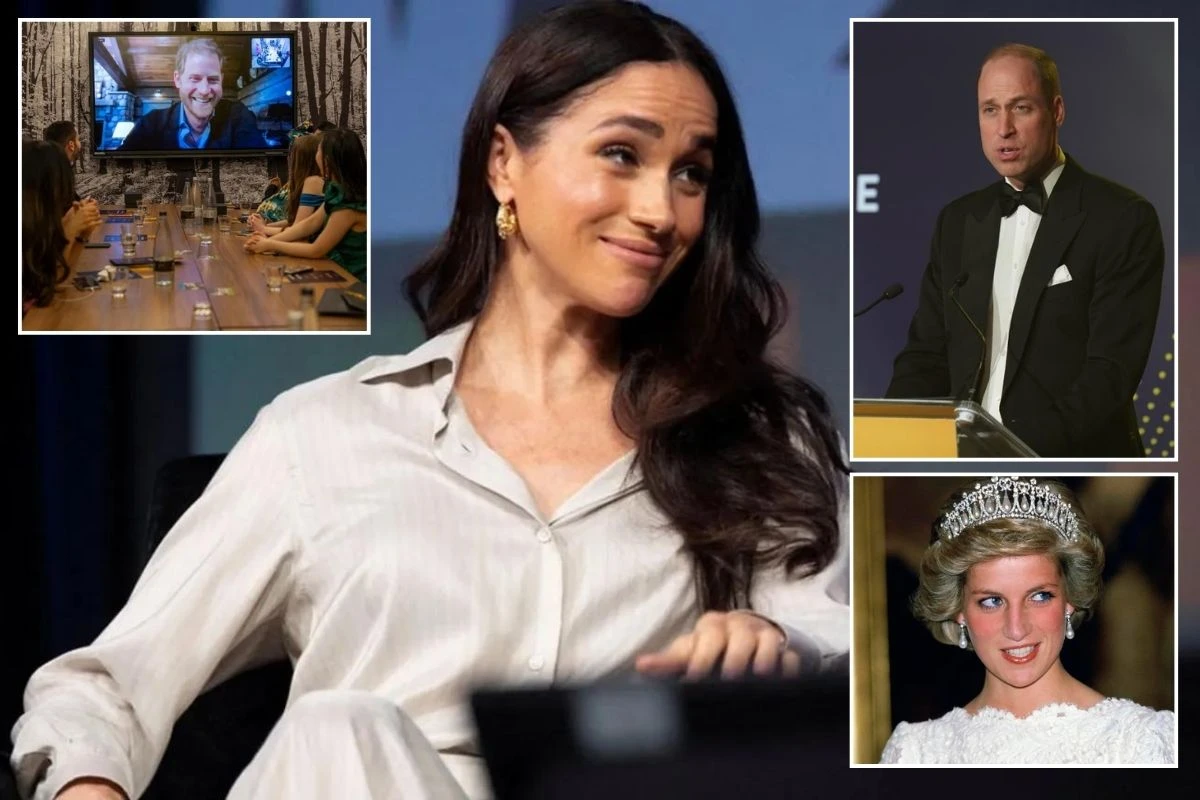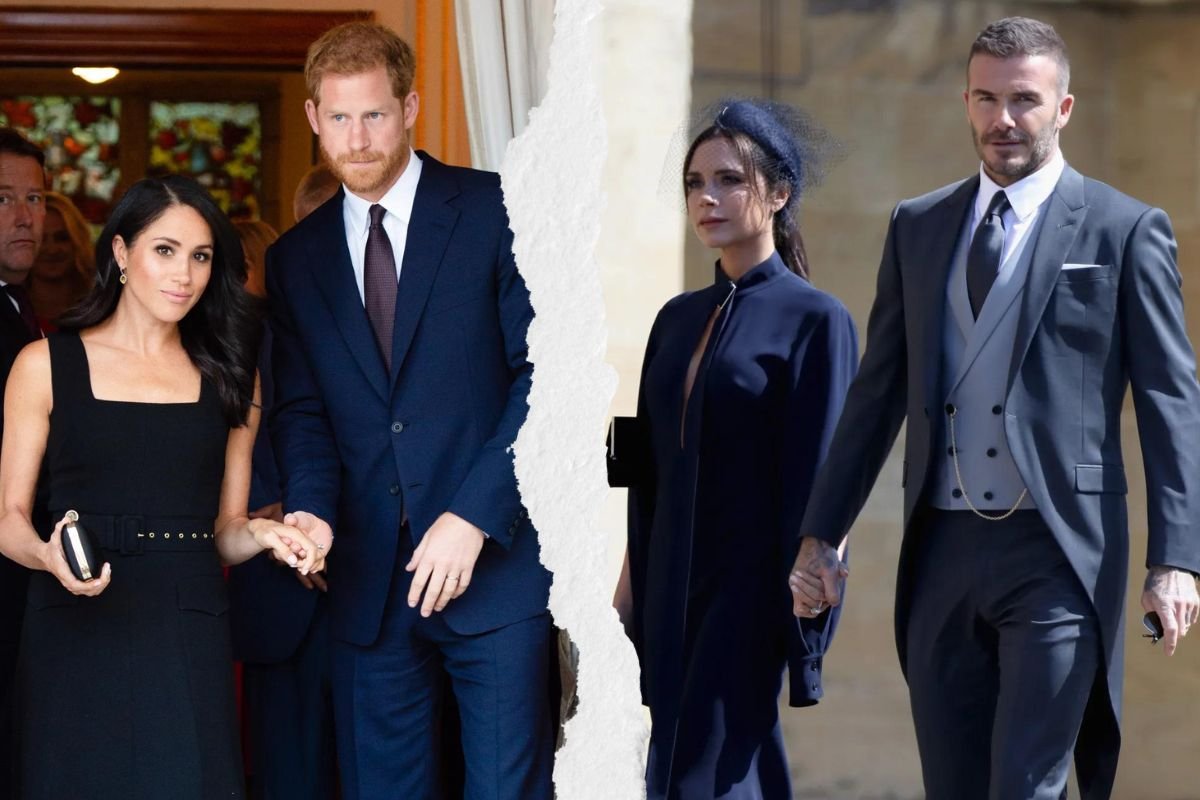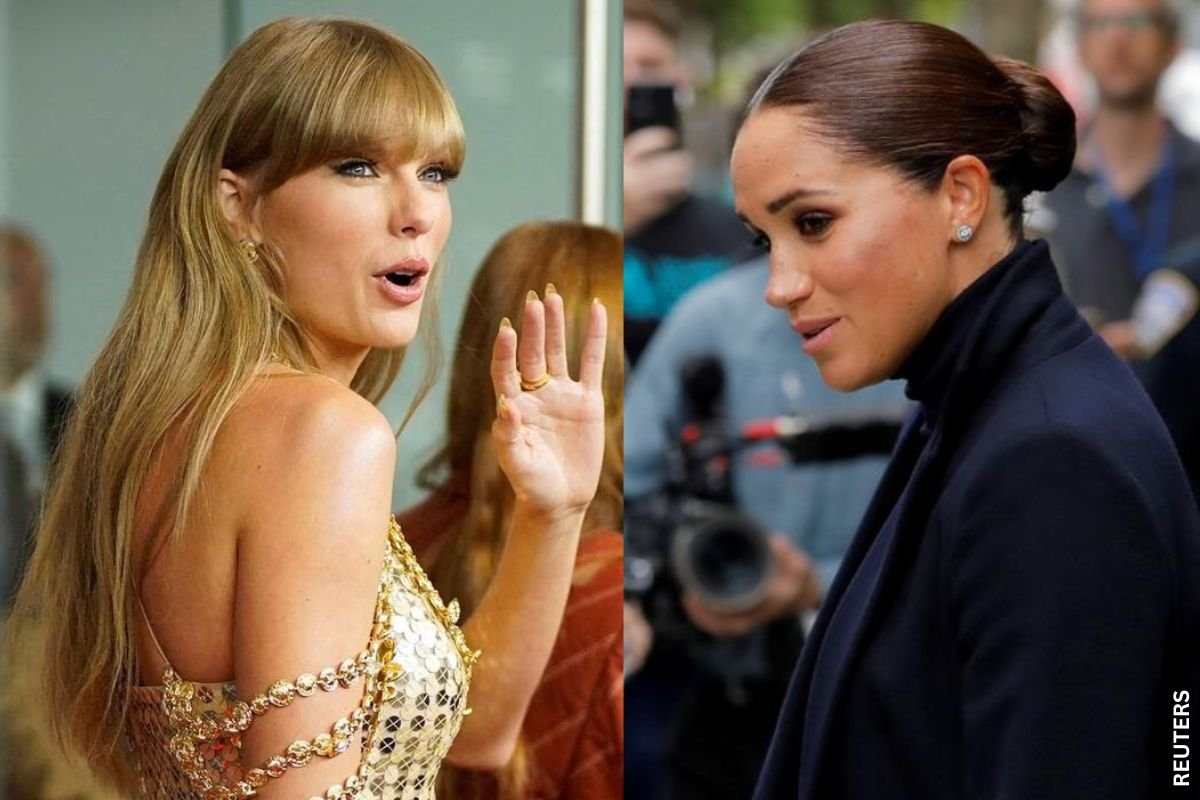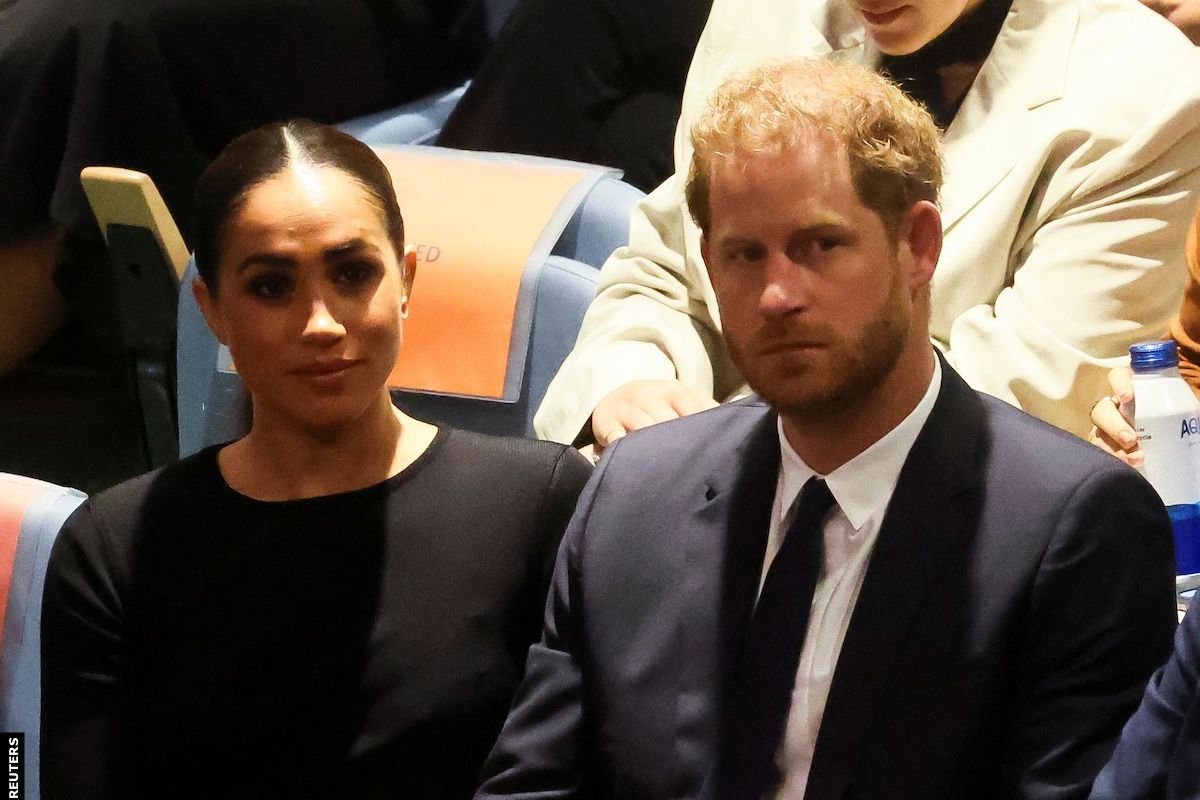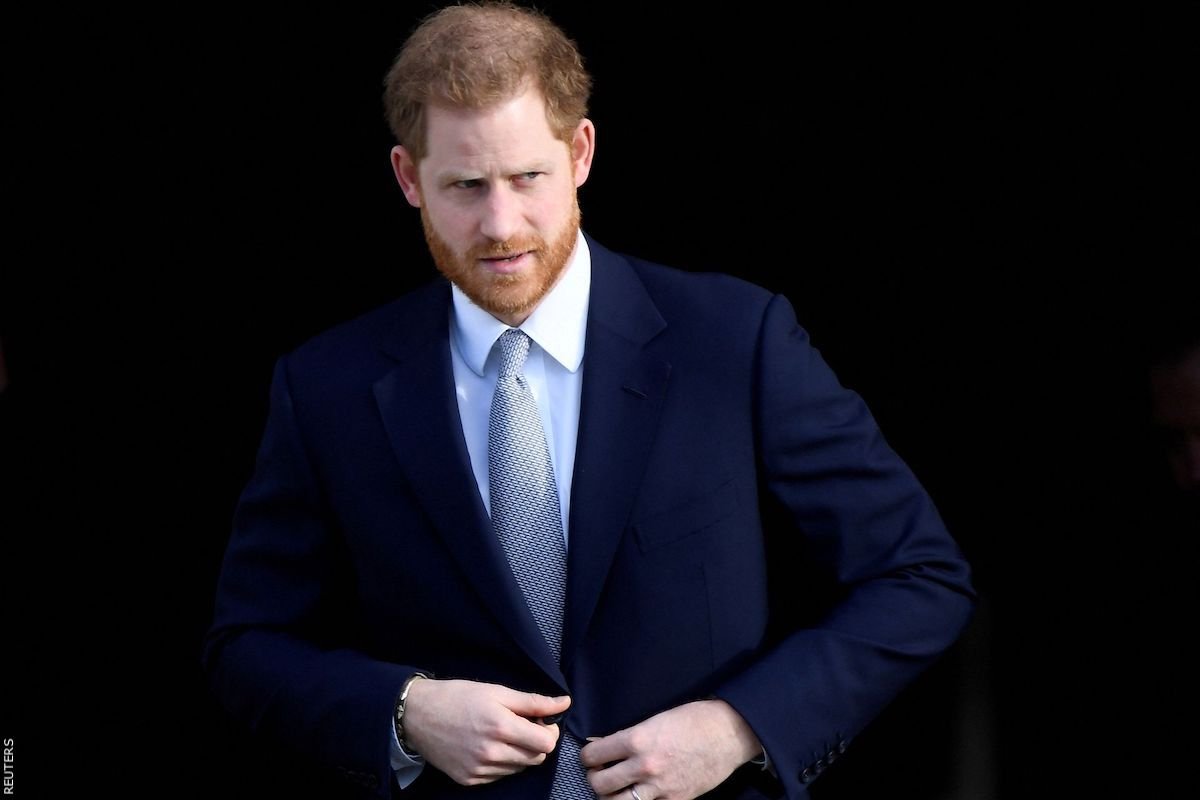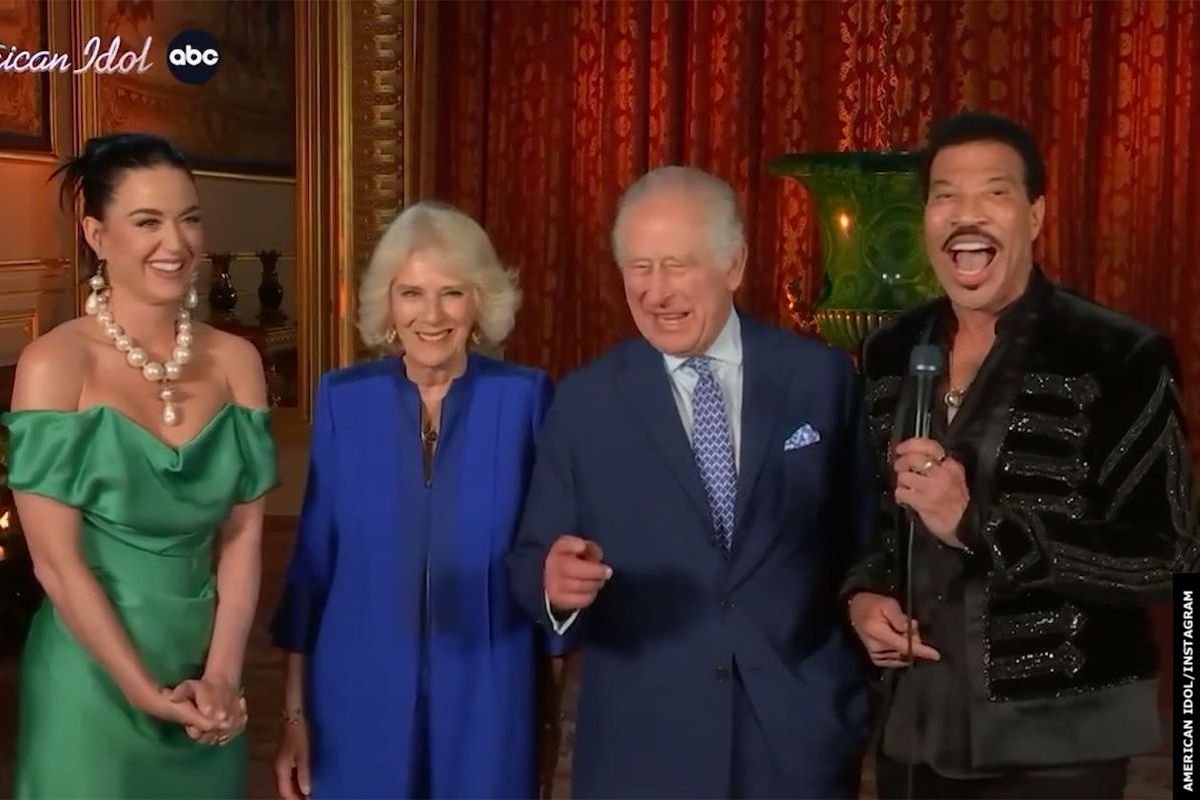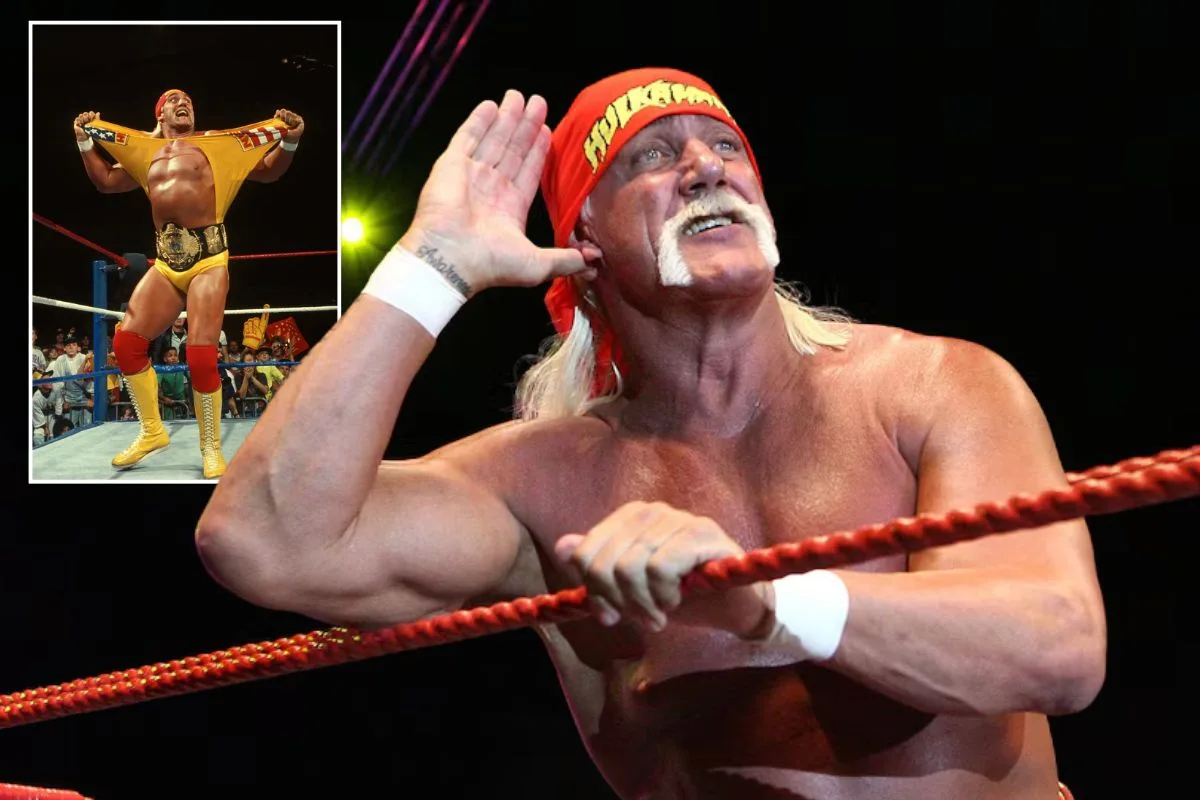There is jubilation in the UK and some parts of the world as King Charles III and Queen Camilla are officially crowned, marking a historic moment for the United Kingdom.
A spectacular military ceremonial operation unfolded, involving approximately 7,000 members of the UK’s armed forces. Many of them embarked on a journey to London using public transport, adding a touch of solidarity and accessibility to the proceedings. True to the British weather, rain graced the procession, a predictable occurrence considering that data from the Met Office reveals rain has fallen on every Coronation day for over 120 years. However, the downpour did not dampen the spirits of the enthusiastic onlookers who had gathered along the route. Departing from tradition, King Charles and Queen Camilla chose to travel to Westminster Abbey in the Diamond Jubilee State Coach, opting for a more modern and comfortable experience over the older and less ergonomic Gold State Coach.
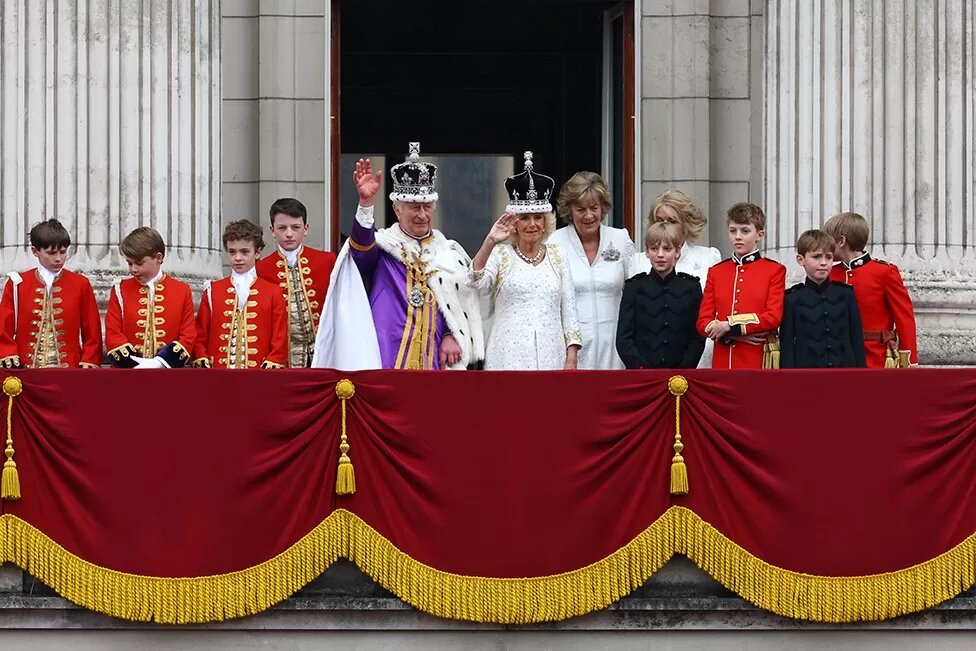
The grandeur of the Coronation extended far beyond the UK, embracing an international flavor. A staggering 90 heads of state and 14 prime ministers from countries where King Charles still holds the title of monarch graced the occasion. Furthermore, servicemen and women from 33 Commonwealth countries proudly participated in the procession, showcasing the unity and diversity of the royal family’s influence. The congregation itself boasted the presence of kings and queens from Europe and various corners of the world. The event drew crowds from across the globe, with many visitors traveling specifically to witness this momentous occasion. The news of the coronation reverberated worldwide, captivating international attention and dominating headlines, particularly in the United States.
Nevertheless, the coronation did not uniformly capture the imagination of all. In some realms governed by King Charles, such as Belize and Jamaica, the event sparked fresh debates about the potential transition to a republic. The occasion presented an opportunity for reflection and reevaluation of the monarchies in these regions. Australia’s Prime Minister, Antony Albanese, despite attending the coronation, has been a lifelong advocate for republicanism. Consequently, some individuals in Sydney appeared less enthralled by the day’s events, reflecting the diverse range of perspectives surrounding the monarchy.
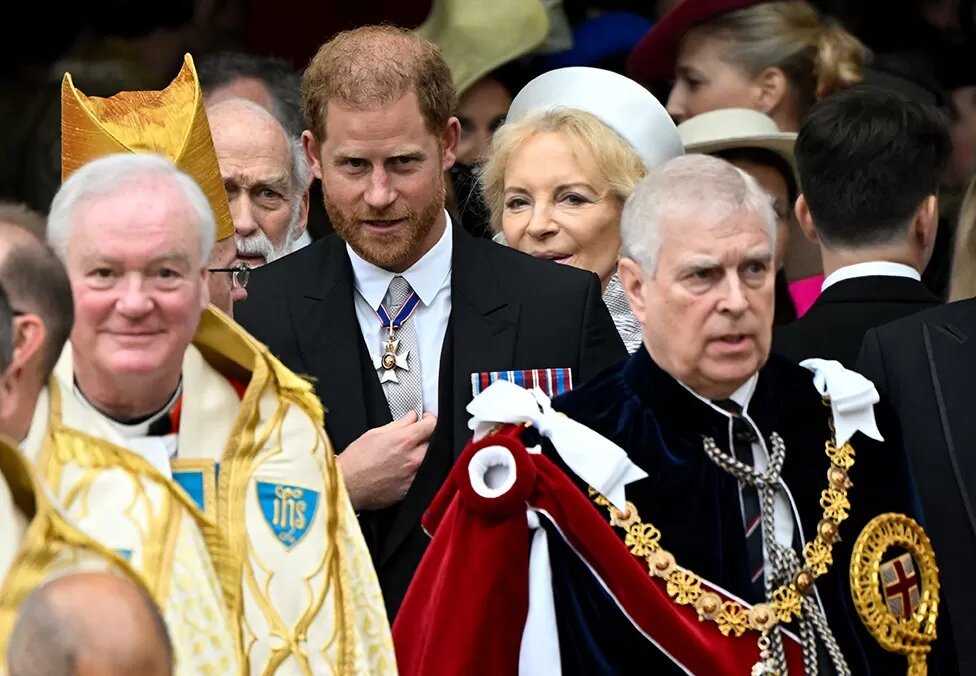
Meanwhile, on the remote Pacific island of Tanna in Vanuatu, thousands of people gathered to celebrate the King’s coronation with exuberant dancing and feasting. It is noteworthy that the islanders still hold the belief that King Charles’s late father was a deity, adding a unique and deeply rooted spiritual dimension to their celebration.
The grand coronation of King Charles III and Queen Camilla made an indelible mark on the world stage, symbolizing both the enduring traditions of the British monarchy and the ongoing conversations surrounding the role of royalty in various nations. As the day unfolded, the world witnessed a blend of reverence, excitement, contemplation, and cultural diversity, demonstrating the global significance of this historic event.
